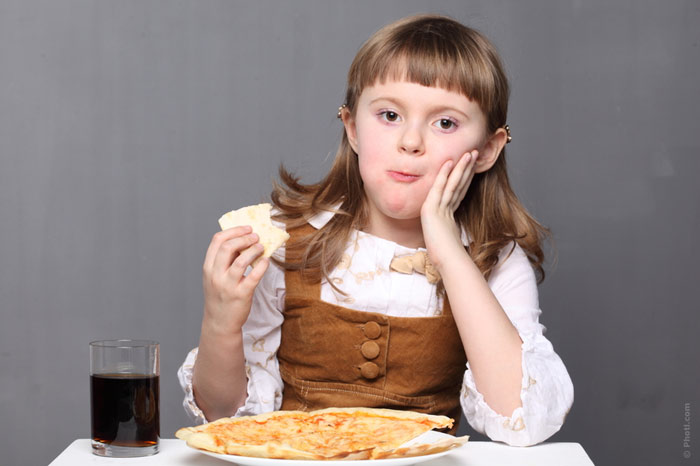Why Does Your Child Hurt Himself?
When a child hits himself, it always causes great anxiety in parents. Externally, self-punishment is manifested as a whim: the child is irritable, he can pull his hair or beat his head against the wall or floor. Although this behavior can be considered a childish prank, its main reason is improper upbringing.

What is the reason for this behavior?
Self-punishment relates to aggressive behavior, the only difference is that this aggression is suppressed due to improper parenting. As a result, the aggression becomes passive.
Until this behavior is not recognized and changed, the child will be tortured by unexpressed pain. Growing older, he or she will seek solace in food, theft and other forms of “pacification.”
The reasons allowing the child to respond in this way are diverse and partly dependant on his or her temperament. Let us consider each of them.
A child can hurt himself as a protest
If babies are entirely subordinated to their parents’ will, children from the age of 2 begin to resist subjugation. Protest in itself is the quality of a leader, so these children are demanding. This child finds it difficult to give up something that he thinks is inherent to him.
Such a violent reaction is formed in response to the parents’ excessive strictness, the abundance of prohibitions and regulations. If our will was repeatedly suppressed, we would be afraid to express aggression to the offender directly, as well as the desire for intimacy (for example, to ask for what is forbidden).
Thus, the child is struggling with his own humiliation and restriction of freedom by using force against himself.
It is not right to shout at the child or hit him.
The result of punishment: the child cries even louder.
An effective response from the mother is to hold the child gently when he beats himself. Sit down, calm him down, and hug him. In this situation, the best you can do is to interpret the child’s feelings. “Mummy did not let you eat the candy now, and you got angry at Mummy. But you can eat two after lunch. ”
Note: change the excessive requirements for the child, remove some restrictions. Learn to compromise.
A child can hurt himself out of guilt
Another option is the children that have a weak nervous system. These are the children whose parents restrict their opposition verbally. Such parents often scold their children, call offensive names.
Consider a common situation at home. The child has broken a toy and is trying to fix it. It does not work; he gets angry and beats himself on the ear. If the child often hears insulting words for any mistake, he punishes himself for doing the things that his mother would not like.
Hitting himself on the ear is an unconscious reaction, which shows that it is painful for the kid to hear how parents call him names. You can recognize such children according to their behavior. The child does not revolt, crying occurs as a response to pain.
Incorrect punishment: to lock the child in the room or pay no attention to him.
The result of the punishment: the child continues hitting himself.
Effective response: ease internal tension, suggest something interesting. “Have you broken your toy? Do not worry, sweetheart, I still love you. Even if mummy is angry, she will always love you. Let’s try to fix it together.”
Note: refrain from excessive verbal criticism. Show love more often.
A child can hurt himself to get what he wants and feel his influence
Children manipulate their parents for several reasons: to get a portion of love and attention, to conceal their tricks, as well as cause the parents a sense of guilt and pity.
Children are very talented observers, and most often, the cause of children’s manipulation is the parents’ behavior. The parents of small manipulators are used to pleasing the beloved child. The child’s tears evoke the feeling of guilt, and here we are – caring, cajoling, and making up in cases where we need to show firmness and consistency.
Unmasking a manipulator is simple: as a rule, the child watches his mother’s reaction while hitting himself.
Incorrect behavior: immediately tempering justice with mercy. Attention and tenderness will only consolidate the child’s undesirable behavior.
Effective response: to teach new behavior. Distract the child, ask an unexpected question or leave the room. “Is there something you wanted to say?” Continue to do your business saying, “When you are angry, I want to know about it.” Hearing the child’s response, reinforce the new behavior with praise. “It’s good that you said that you’re angry. When you hit yourself, I do not understand what you want to say.”
Note: learn how to switch the child’s attention and prevent him from unwanted behavior.
In conclusion, we want to wish the parents to learn the most important thing – self-education. Only then, we will be able to correct our children’s behavior properly and positively.
